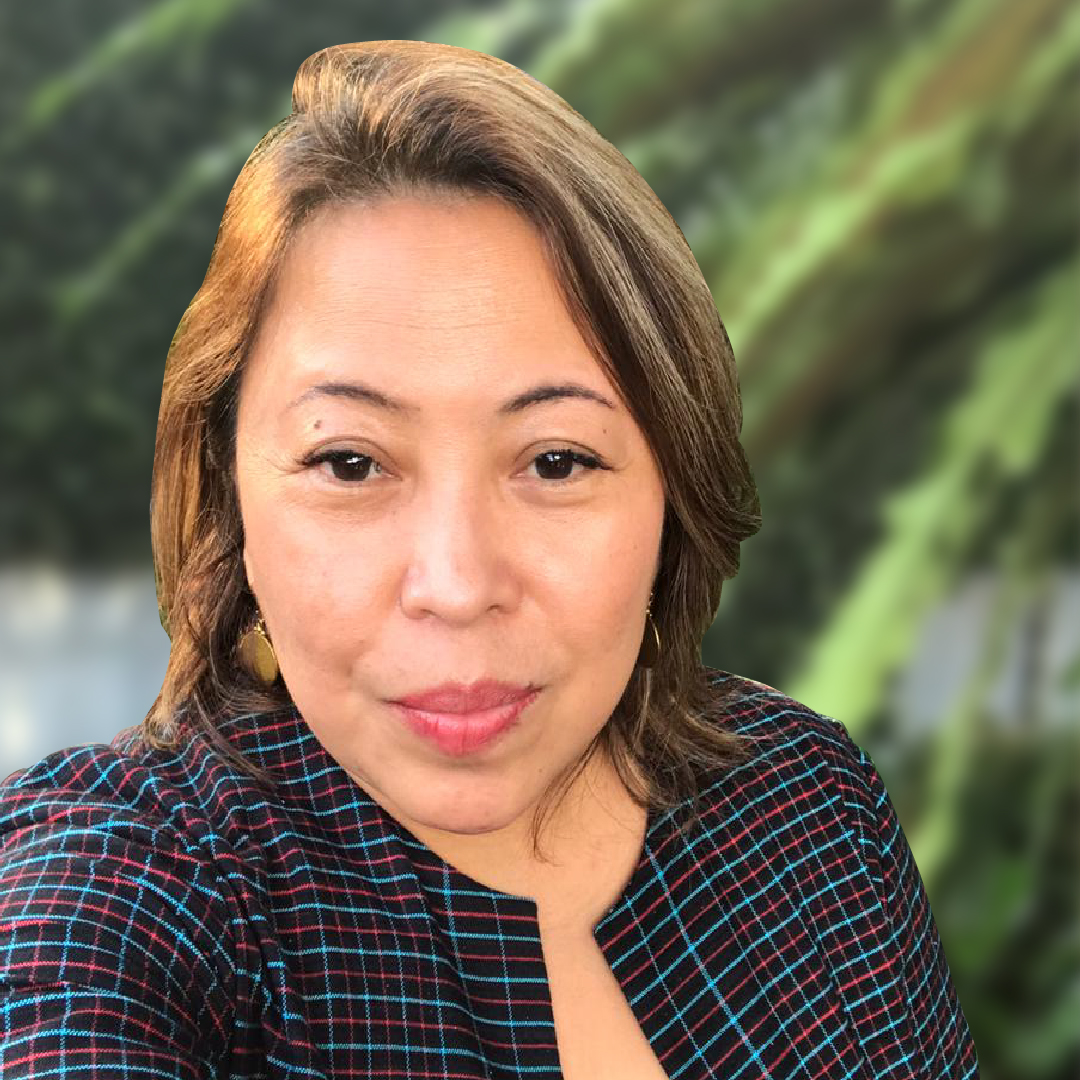
Dini Widiastuti
Hello!
My name is Dini Widiastuti. The best way to describe me, professionally, is a development worker who has been very fortunate to have the opportunities to work on many exciting and challenging initiatives both from Indonesia and the UK, where I was based for 12 years.
I see myself more as a practitioner than a scholarly development expert. I studied Development Economics at the University of Indonesia, and thanks to the Chevening Scholarship, an MA in Southeast Asian Studies from the School of Oriental and African Studies. Recently I went back briefly to university to do a Senior Fellowship in Public Service at the Lee Kuan Yew School of Public Policy, the National University of Singapore.
I cut my teeth in the development sector, working as a researcher on the impacts of the economic crisis in 1997/1998 on marginalized groups. I tend to be a generalist who got my feet wet in different aspects of development work. These include campaigns to promote freedom of expression and media in Afghanistan in early 2000, not long after the fall of the Taliban in Kabul, to supporting civil society organizations in the then newly independent Timor Leste, to push for transparency of the oil industry. When I returned to Indonesia in 2012, I led the Economic Justice Programme of Oxfam in Indonesia on issues ranging from sustainable palm oil value chains, land rights, business, and human rights, to put a spotlight at the national level on the scale of inequality in Indonesia.
The more subdued, yet equally important, part of my journey was supporting the capacity building of young development activists, facilitating women and youth economic groups to take their first steps on the business ladder, or helping women farmers to amplify their voices and promoting investment in youth agro-entrepreneurs. These experiences have shaped me and my approaches to development programming.
My commitment to promoting gender equality evolved rather organically throughout my career. It grew out of my own experience and those of many women I found along my journey. I can now affirm that social justice and human rights fulfillment cannot be achieved without gender justice and women's rights. In the last decade, women's empowerment and gender equality have taken much more importance in my development and humanitarian works.
Aside from development work, I also enjoyed managing humanitarian responses, such as in Aceh tsunami reconstruction, the West Sumatra Earthquake in 2010, Lombok Earthquake, and Central Sulawesi Earthquake, Tsunami and Liquefaction in 2018. For a country vulnerable to multiple hazards, like Indonesia, disaster risk reduction and emergency preparedness have to be built in our development plan and actions. The nexus between development and humanitarian work is inescapable.
For the last five years, starting from when I was the Executive Director of the Indonesia Business Coalition for Women Empowerment until my current role as the Executive Director of Plan Indonesia, I have been focusing mainly on institutional development and sustainability, transforming my organizations to fit for the changing context of development. To that effect, I foster multi-stakeholder collaboration, including with the private sector and new development actors, explore new ways of delivering development, and perhaps more importantly, help prepare the next generation of women leaders with spirit and ambition for social and gender justice.
As you probably can guess, I love traveling, and I love having a good conversation, especially accompanied with good food. So, if you are interested in having a discussion and learning on gender equality, women & youth empowerment, decolonization of aid, campaigns, or any of the aspects of development and humanitarian works that I mentioned above, you can contact me via LinkedIn, Facebook, @diniwidi72 and through email: [email protected].

